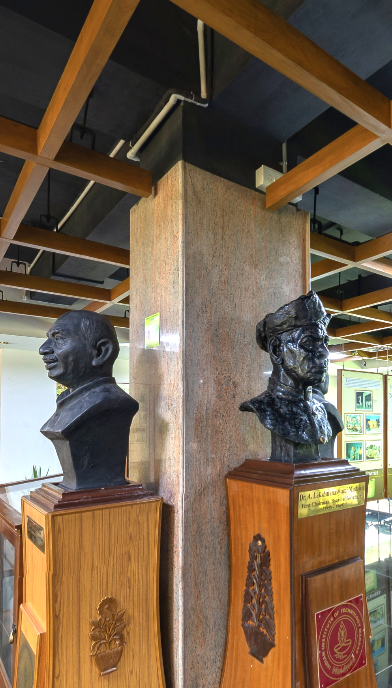Body
The prestigious IIT Madras Distinguished Alumnus Awards were instituted in 1996. They are awarded annually to alumni of the institute in recognition of their professional or individual achievements or for service they have rendered to the community. The awards are presented annually.
-
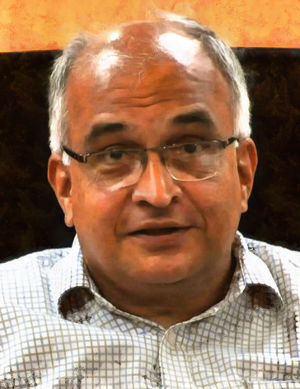
2011 Dr. Jayant B. Udgaonkar
1981 | MSc |
-
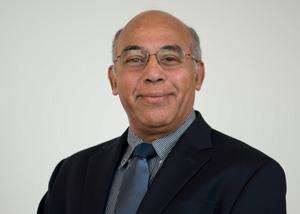
2011 Dr. M. S. Vijay Kumar
1975 | B.Tech |
-
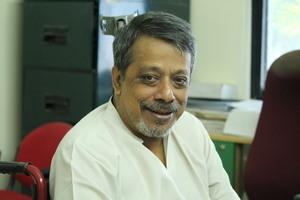
2011 Dr. V. S. Sunder
1973 | MSc |
-
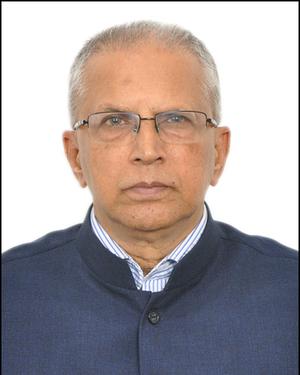
2011 Mr. G. K. Pillai
1970 | MSc |
-
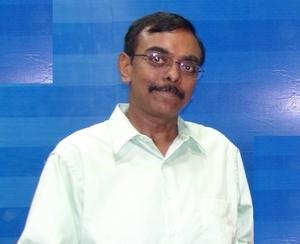
2011 Mr. Krishnamurthy Sridharan
1980 | B.Tech |
-
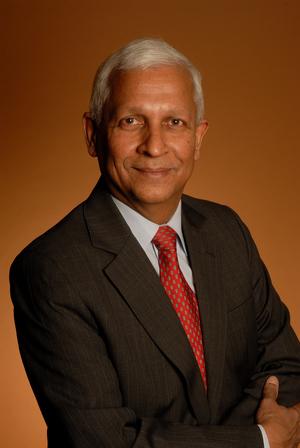
2011 Mr. M. G. Venkatesh Mannar
1970 | B.Tech |
-
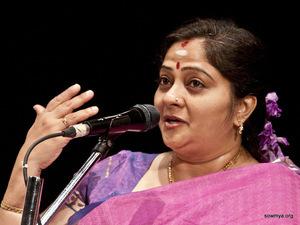
2011 Ms. S. Sowmya
1992 | MSc |
-
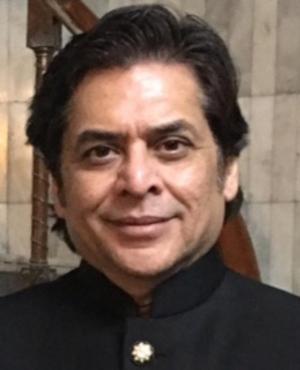
2010 Dr. Lalit Chordia
1980 | B.Tech |
-
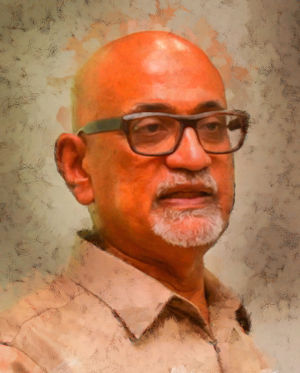
2010 Dr. P. Anandan
1977 | B.Tech |
- Contribute
to the Centre -
Monetary
Support - Digital
Material

